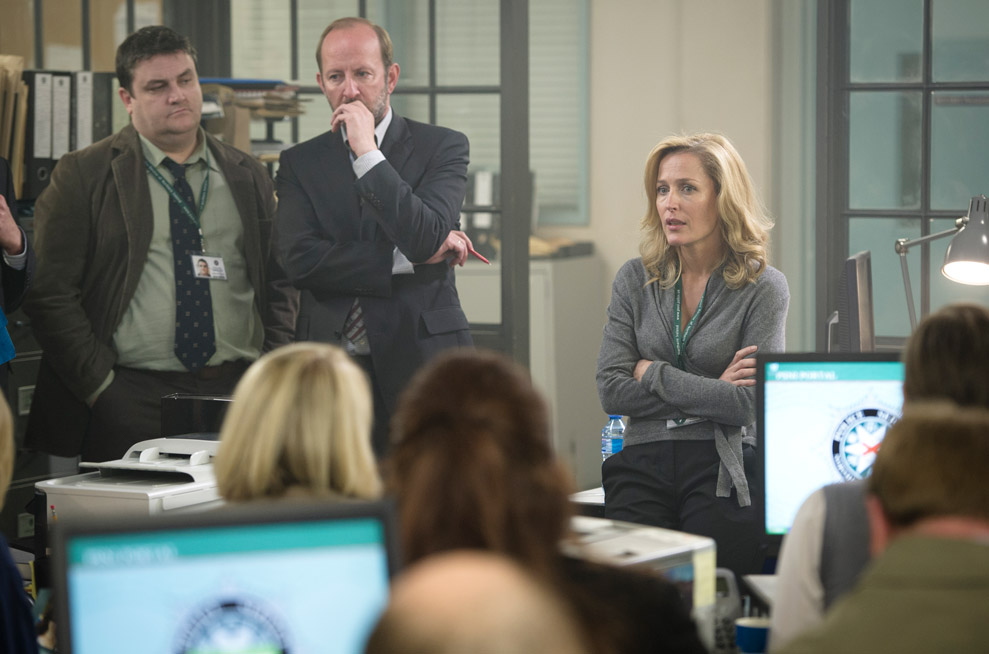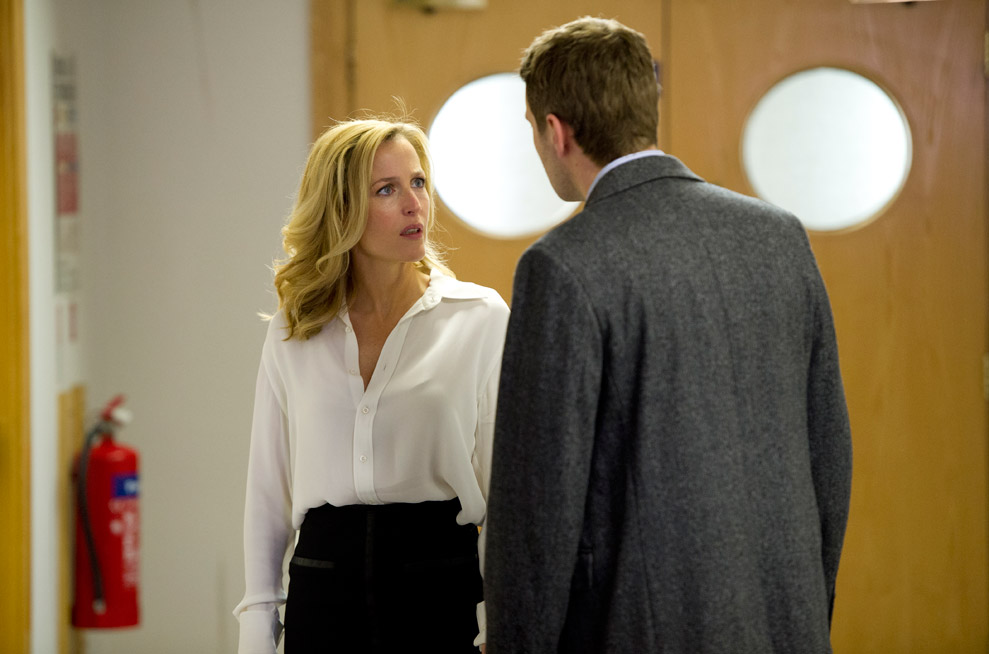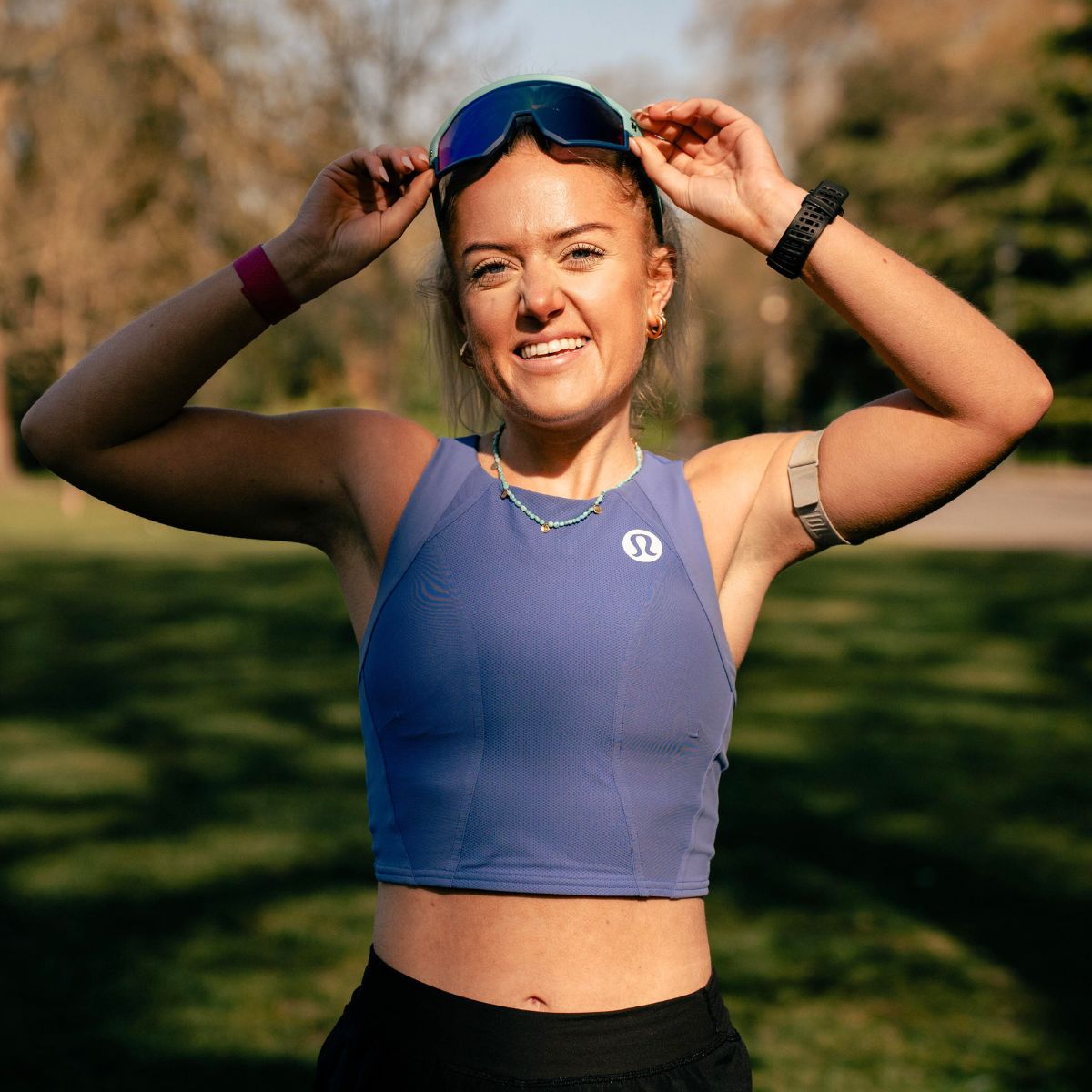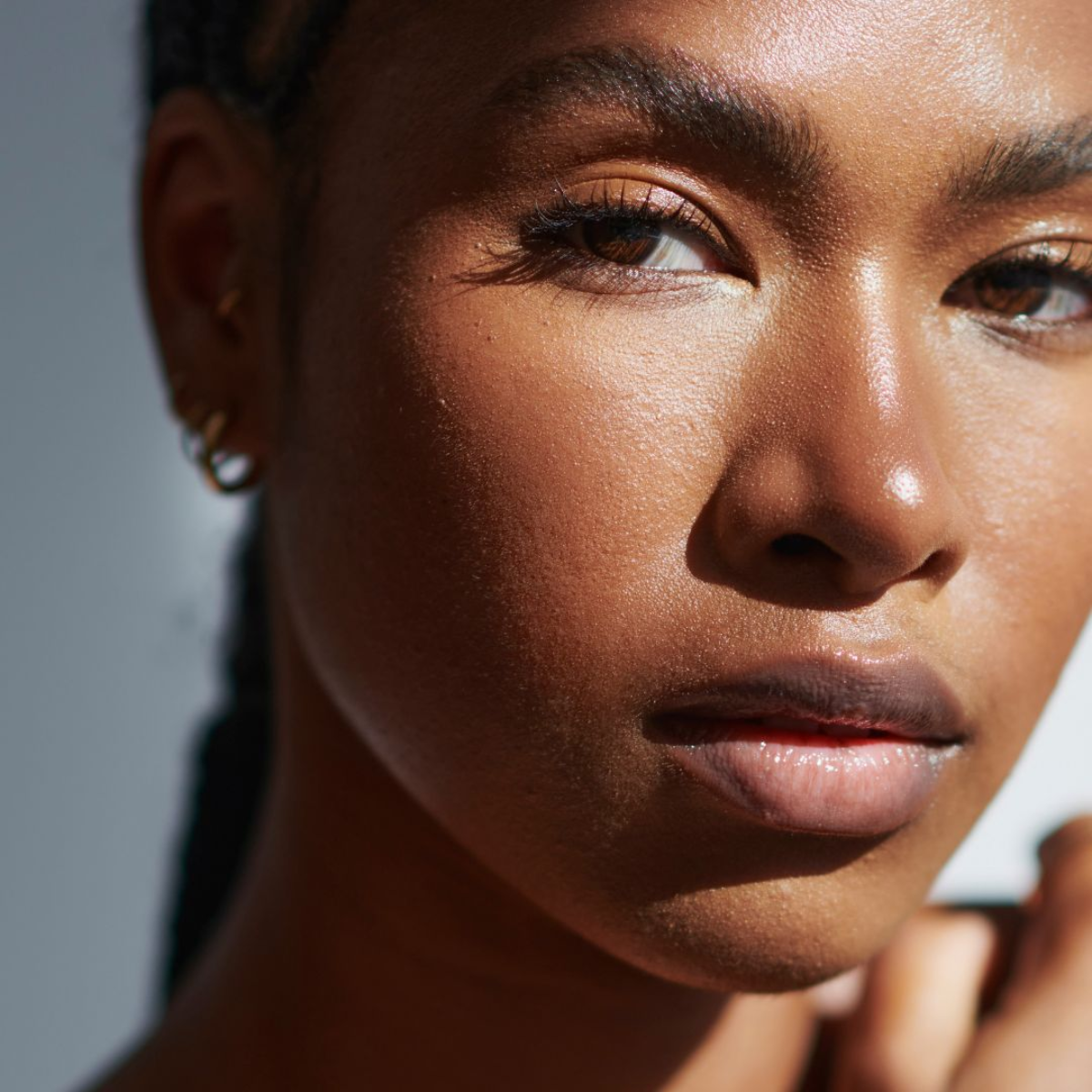Gillian Anderson In The Fall: Friend Or Foe To Female Empowerment?
Gillian Anderson is leading the BBC's fantastic new psychological thriller with ease, but is the show's icy character, DSI Stella Gibson, representing the sisterhood? We examine.

Gillian Anderson is leading the BBC's fantastic new psychological thriller with ease, but is the show's icy character, DSI Stella Gibson, representing the sisterhood? We examine.
In this week's episode of The Fall we got to see a lot more of the show's main star, Gillian Anderson, in action. Hurrah. The actress has been a pleasure to watch as she takes on the role of DSI Gibson, complete with a flawless British accent and an endless collection of silky blouses. It became more clear in last night's episode that The Fall is attempting to follow the female empowerment angle, but have the writers succeeded in avoiding all the normal clichés? Let's examine.
No: Hardnosed and cold. DSI Stella Gibson is as icy as they get. Seemingly quite uncaring and without much compassion (she barely even flinched when she was told the man she had slept with the night before had been shot dead), the personality given to Gillian Anderson's character would imply that women have to be ruthless and unfeeling to be taken seriously.
Yes: Unashamedly sexual. This episode saw Stella having to 'fess up to a one night stand with James Olsen. The police officers questioning Stella about her encounter with the late Olsen couldn't seem to get their heads around the fact that she, a woman, would be happy with a no strings one night stand. Stella quickly puts them in their place, saying that women, too, are capable of treating men like objects with no emotional attachment.
No: Wardrobe malfunction. During a press conference in last night's episode, where Stella was addressing the country's media, her blouse popped open. An unnecessary touch which certainly wouldn't have crept in had Gibson been a man. Having a glimpse of lacy bra on show was not the only way the writers could have undermined Gibson's authority.
Yes: Not innocent. When briefing her colleagues ahead of the press conference Stella is quick to demand that the female victims are not decribed as 'innocent', before going on to explain that the media put women into two boxes - 'virgins or vamps, angels or whores.' Her point being that a murdered victim is a victim whether they were killed while making a cup of tea at home or walking home drunk in a short skirt, and that women face judgement that men don't. No: Predictable. The very notion that the serial killer murders women for his own sexual gratification is an obvious and old theme. The strong, successful women are used for pornographic violence and then discarded. Unfortunately we're all too used to seeing women depicted as objects.

Yes: Killer profile. While discussing the motives the serial killer has for the murders, they identify Paul Spector's hatred of successful women, to which a less than charming male colleague quips: 'Don't we all?' The misogynistic comment was ignored by Gibson, showing that as a woman at the top of her game she has little time for such small-minded ideas.
Marie Claire Newsletter
Celebrity news, beauty, fashion advice, and fascinating features, delivered straight to your inbox!
Yes: Matter of fact. Gillian Anderson's character appears to show little regard for gender, treating both men and women equally. It seemed we might see a glimpse of sisterhood solidarity when Gibson asked her female colleague to become her 'righthand man', before she swiftly gave her a list of tasks more fitting for a personal assistant. A feminist DSI Gibson is not, but not necessarily to her detriment.
All in all, we're loving The Fall. It's slick, gripping and main stars Gillian Anderson and Jamie Dornan are giving brilliant performances week after week. We'd love to know what you think. How do you feel about the nod towards female empowerment The Fall has been trying to make? Are you a fan of the show? Let us know in the comment box below.
-
 Selena Gomez has re-entered the conversation about her 'Emilia Pérez' criticism
Selena Gomez has re-entered the conversation about her 'Emilia Pérez' criticismBy Jenny Proudfoot
-
 I'd never run a marathon before - six years on, I'm one of the UK's fastest female marathoners. Here's how I train every week
I'd never run a marathon before - six years on, I'm one of the UK's fastest female marathoners. Here's how I train every weekSerious inspo, served.
By Ally Head
-
 There’s a big difference between sensitive and *sensitised* skin—here are four derms on the key distinctions
There’s a big difference between sensitive and *sensitised* skin—here are four derms on the key distinctionsPlus, ways to approach both
By Denise Primbet